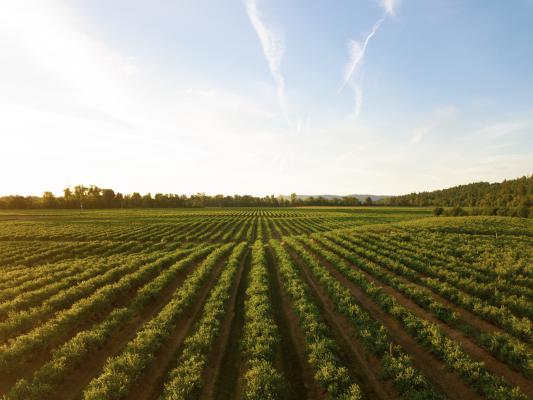
The Regenerative Agriculture Symposium to be held on 4 September in Stanthorpe has taken on renewed relevance with the recent release of the United Nation’s latest report on the causes and impacts of climate change.
The event is organised by the Granite Belt Sustainable Action Network (GBSAN) who say that the report “makes for sobering reading as it highlights the real and emerging impacts of climate instability on agriculture across the world“.
The Symposium features nationally recognised author and regenerative agriculture advocate Dr Charles Massy as well as Paul McDonald, CEO of Southern Queensland Landscapes and Professor John Bennett, an expert in soils health and management from University of Southern Queensland.
GBSAN says the event is designed to give a voice to local Granite Belt and Southern Downs farmers in regards to how they view regenerative agriculture, and issues and barriers limiting uptake of more sustainable agricultural practices.
GBSAN President, Rick Humphries says “the most recent UN report on climate change paints a stark and alarming picture in regards to the emerging and future impacts of a more unstable and volatile climate”.
“Nowhere is going to escape the impacts of human-induced climate change, including the Southern Downs and the Granite Belt.“
He says the group is “fully aware of the impacts of the recent record-breaking drought“.
He says we are now experiencing a record breaking “winter wet” but “who knows what the spring and summer will bring?“
“While the Australian climate is noted for its extreme events, the frequency and intensity of these extremes seems to be increasing which is consistent with the modeling,” Rick says.
He says “the ideas and management systems behind regenerative agriculture offer primary producers more tools to better deal with these climatic extremes“.
While he says regenerative agriculture’s focus on soil health, ground cover and biodiversity is not necessarily new, regenerative agriculture connects up the dots and looks at these specific management issues within a whole farm system.
“We are bringing farmers together with experts to discuss regen ag from a grower’s perspective with a view to promoting its uptake, while recognising that the diversity of agriculture on the Granite Belt and within the Southern Downs means there is no one size fits all approach,“ Rick says.
He says he hopes the event will generate a lot of interest in the region’s farming community, “and be the catalyst for ongoing discussion as well as trialling of more regenerative agriculture approaches in our region”.
“The interest has been strong with over 100 registrations to date. We are buoyed by this support and we are on track to reach our target of 120 participants on the day,” Humphries concluded.
The Regenerative Agriculture Symposium is sponsored by Acciona as well as Southern Queensland Landscapes, Lock the Gate Alliance and the Southern Downs Regional Council.
For more information go to www.gbsan.org.au/events/symposium2021






